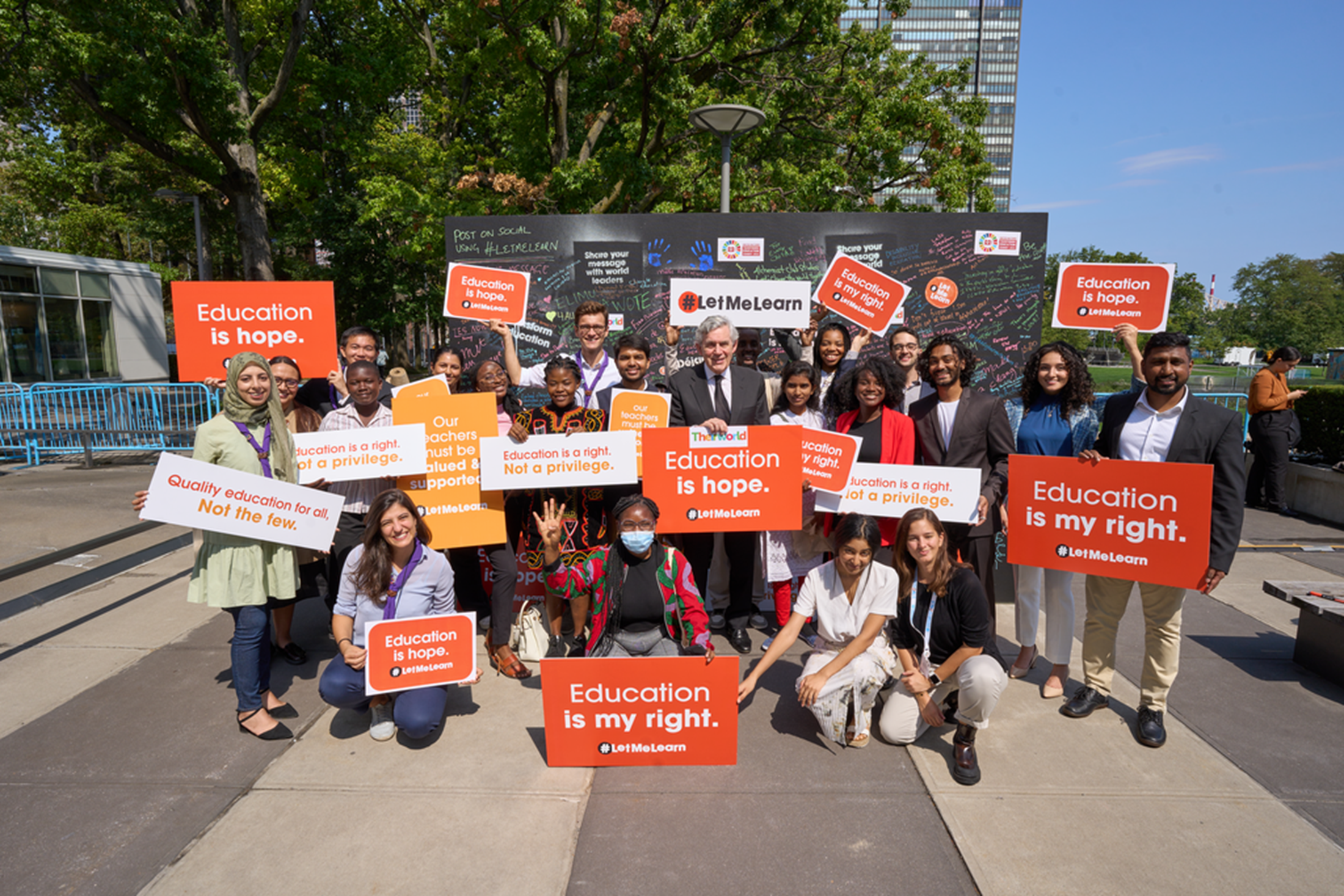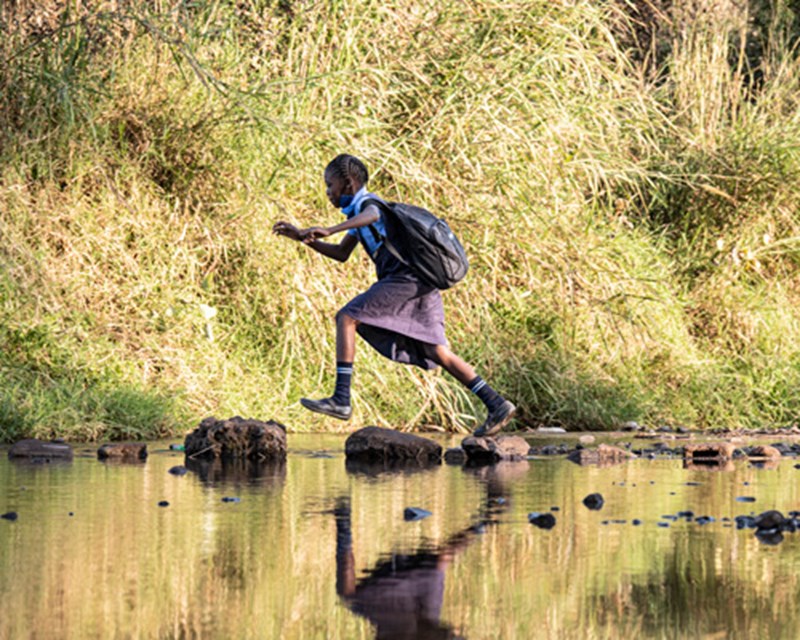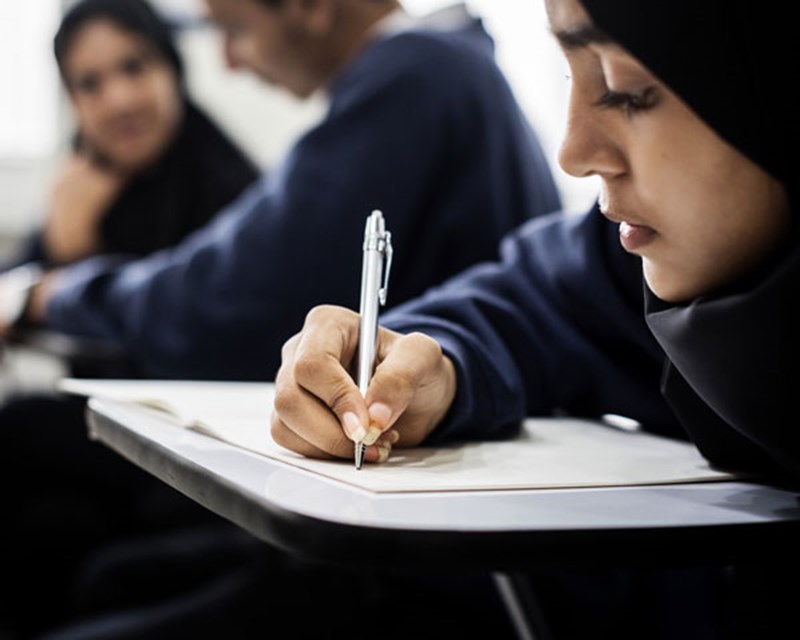Education has a transformative impact on a country’s economy and future trajectory. It is the very foundation of progress. If every young person in the world were to acquire functional literacy skills by 2030, middle-income countries would achieve economic gains equivalent to more than eight times their current GDP. If every child in low-income countries completed secondary school by 2030, income per capita would increase 75 percent by 2050, according to UNESCO.
Yet, despite these powerful statistics, global education today is in crisis. By 2030, it is estimated that half of the world’s 1.6 billion children will finish their education without the skills needed for employment. This impact is falling disproportionately on the most marginalised: racial and ethnic minorities, traditionally underserved communities, lower-income families, and children caught up in conflict and emergencies. Covid-19 dramatically impaired children’s learning, which is expected to set the next generation back by US$21 trillion in future earnings.
More than two thirds of 10-year-olds in low- and middle-income countries are unable to understand a simple written text, up from 57 percent before the pandemic, one study shows. Other research in the US indicates that the pandemic has affected youngest students the most, with only one in three currently proficient in reading – the biggest drop since records began.
Policymakers have found it too easy to ignore this creeping education crisis because it is not typically regarded as a priority by voting adults and lacks the powerful imagery of raging forest fires or melting ice caps that have made the climate crisis – rightly – a cause célèbre.
But make no mistake, education systems around the world are in jeopardy and change needs to happen now.
A global survey of 10,000 young people carried out by Theirworld last year returned a clear verdict: young people feel they are being let down. Of those surveyed, nearly half said they were disappointed with their education and did not feel equipped for the future; 69 percent said world leaders were not doing enough to ensure all children receive a quality education; and 88 percent thought world leaders needed to take urgent action to fund education.






